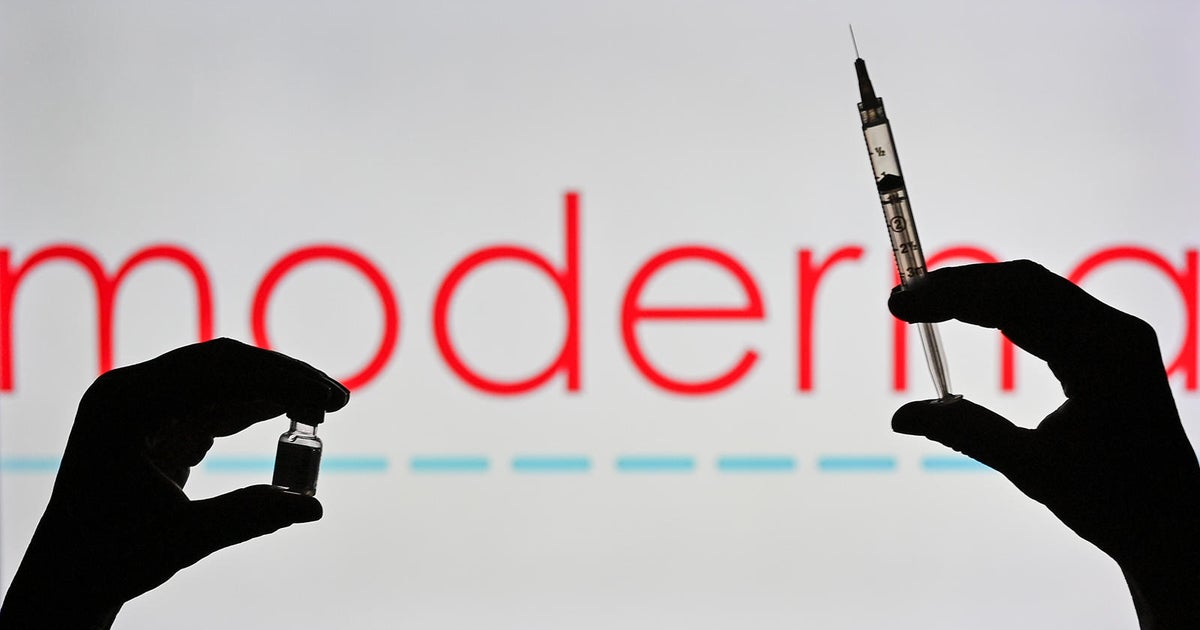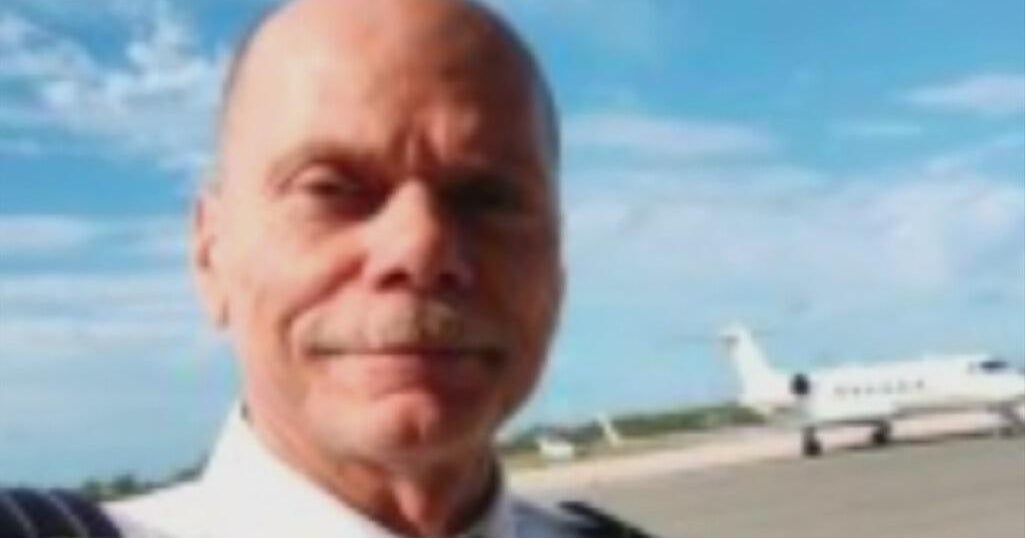While health authorities are racing to contain a deadly Marburg outbreak in Equatorial Guinea, the U.S. has experimental vaccines
The Biden administration may soon deploy experimental doses of vaccine to a new outbreak of Marburg virus, officials told an "urgent" meeting convened by the World Health Organization this week, as health authorities are racing to contain the spread of the highly lethal disease in Equatorial Guinea.
The WHO says nine deaths have so far been reported of people with symptoms of Marburg, which like Ebola often include severe fever, diarrhea and bleeding. Up to 88% of Marburg cases have died after being infected in past outbreaks, usually within nine days after symptoms begin.
An additional 16 suspected cases have been identified to date across Equatorial Guinea and 21 more are being monitored, the WHO said. No additional cases have been spotted in neighboring countries, although investigations are ramping up.
"No confirmed cases have been reported in Cameroon or Gabon. But WHO is working with the ministry of health of Cameroon to investigate an alert in that country. We're also supporting the governments of Cameroon and Gabon to prepare to rapidly detect, isolate and provide care for any suspected cases," said Tedros.
Two cases initially suspected of being Marburg virus disease in Cameroon, in an area bordering Equatorial Guinea, were malaria, public health officials said Wednesday, according to BBC Africa. The country's public health minister announced Tuesday it was stepping up epidemiological surveillance.
Dispatching the experimental vaccine doses could offer a rare window for researchers to test the shots against this contagious Ebola virus relative, which has led to sporadic outbreaks and a handful of infected travelers since it was discovered in 1967.
"WHO is convening the vaccine prioritization committee to identify which candidate vaccines should be evaluated first, and taking steps to prepare for potential trials," WHO Director-General Dr. Tedros Adhanom Ghebreyesus said Wednesday.
Some shots could come from the National Institutes of Health's Vaccine Research Center, which had stockpiled some doses for shelf-life testing. There are about 850 doses in vials that were a part of that program, Daniel Wolfe of the Department of Health and Human Services told a Tuesday meeting of the WHO's consortium, though not all of those would be available.
The National Institute of Allergy and Infectious Diseases recently touted early "promising" results from human trials of that vaccine, which is being developed with the Sabin Vaccine Institute based on a neutered chimpanzee adenovirus.
More doses could also begin the months-long process of being packaged into vials, Sabin's Matthew Duchars said, if the outbreak grows.
The Biden administration had already begun ramping up filling its stockpiles of vaccine into vials, after a recent outbreak of the related Sudan Ebolavirus in Uganda.
"We're trying to figure out if there is a way to expedite manufacturing and filling of the remaining Marburg bulk drug as quickly as possible," Wolfe said.
In a statement after the meeting, the NIAID said that it was "in discussions with partners to understand the current situation and future medical countermeasure needs."
Another government-backed shot that could have doses to spare is from Public Health Vaccines.
That experimental vaccine, which uses a similar approach to the already-approved Ervebo immunization for Ebola, also recently yielded positive results from animal trials and was greenlighted by the Food and Drug Administration to begin initial human trials backed by the U.S. government.
"We have 350 vials available and ready for use in the clinical setting," said the group's Joan Fusco.
Scientists at the Tuesday meeting acknowledged that time could be running out to deploy the doses.
"I cannot emphasize enough the requirement for speed for doing any trials. If you look at the past history of Marburg outbreaks, they're generally quite small. And the interventions that have been put in place have limited their size," said John Edmunds, who is with MARVAC, the WHO-coordinated consortium developing Marburg vaccines.
No additional suspected cases had been identified in 48 hours, a WHO representative had told the meeting. Officials said Wednesday it was likely all the deaths were part of the same transmission chain.
"Infection control interventions, when they have been put in place, which is currently the situation in Equatorial Guinea at the moment, then the size of the outbreaks have been almost, all but two, curtailed almost immediately," said Edmunds.



